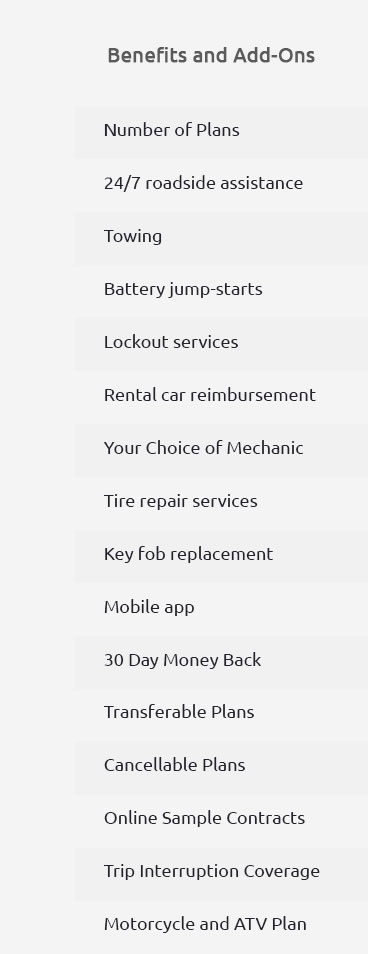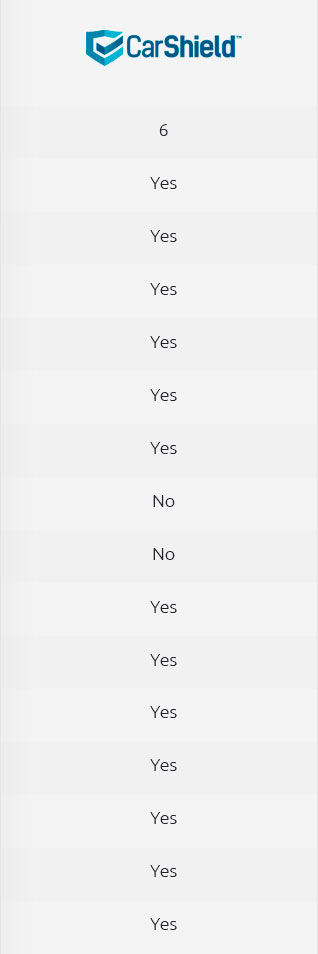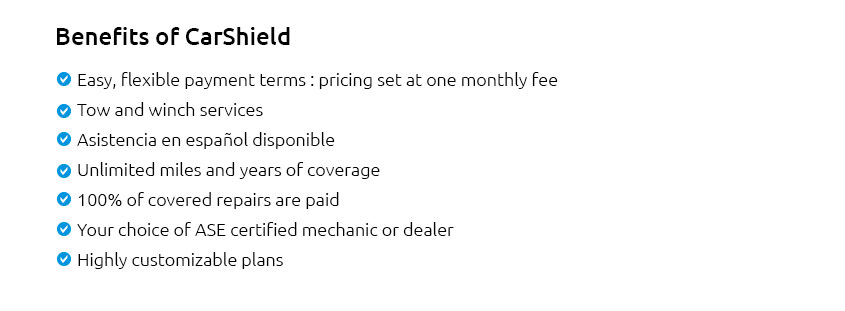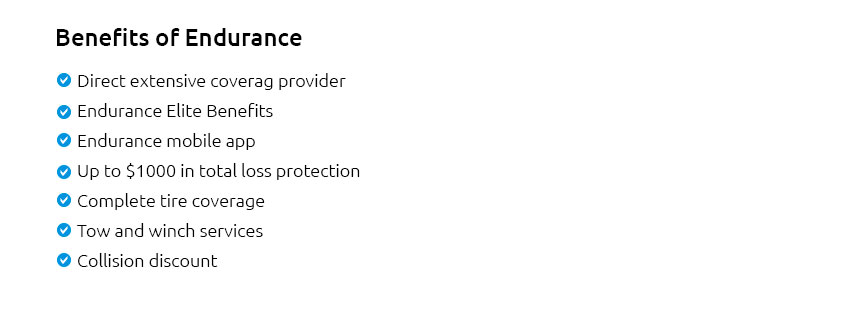 |
 |
 |
Select your vehicle to see available coverage options:
 |
 |
|||
 |
|||
 |
 |
 |
|
 |
|||
 |
|
 |
|
 |
|
 |
|
 |
|
 |
|
 |
|
 |
|

Access Warranty Coverage: A Comprehensive Guide for U.S. Vehicle OwnersExploring vehicle protection options in the U.S. can be overwhelming, but understanding how to access warranty coverage is essential for peace of mind and cost savings. This guide will help you navigate the basics of vehicle warranties, focusing on repair costs and extended auto warranties. Understanding Vehicle Warranty CoverageVehicle warranties are contracts between you and the manufacturer, providing assurance that any defects or issues will be addressed. They offer a safety net for unexpected repairs. Types of Warranties
For example, if you're considering a Mazda, understanding the mazda extended warranty cost can help you budget effectively. Benefits of Extended Auto WarrantiesExtended warranties provide significant benefits, especially for those who plan to keep their vehicle for a long time.
For instance, those in New York might find the hyundai extended bumper bumper warranty particularly beneficial, given the city's challenging driving conditions. What’s Typically CoveredWhile coverage varies, most warranties include:
It's important to read the fine print and understand what is excluded to avoid surprises. FAQsWhat is the difference between a basic and extended warranty?A basic warranty typically covers the vehicle for the first few years of ownership, whereas an extended warranty prolongs coverage after the basic warranty expires, often including additional parts. How do I know if an extended warranty is worth it?Consider the reliability of your vehicle, your financial situation, and how long you plan to keep the car. If repair costs are high, an extended warranty might save you money in the long run. Can I purchase an extended warranty after the original warranty expires?Yes, many providers allow you to purchase an extended warranty even after the original warranty expires, though it might be more expensive. Whether you're in California or Florida, understanding your warranty options is crucial for making informed decisions about vehicle protection. Taking the time to research and select the right coverage can provide long-term benefits and security. https://www.orhp.com/blog/access
Old Republic Home Protection (ORHP) may or may not cover the cost to create access to render a covered home warranty repair, depending on the covered system or ... https://www.accesscover.com/warranty/
Agri-Cover, Inc. warrants to the original purchaser, for a period years from the date of purchase of the ACCESS brand roll-up tonneau cover. https://support.apple.com/en-us/102607
Check if your device is covered and see what kinds of repairs and support are included with your coverage. Or find your agreement number, ...
|